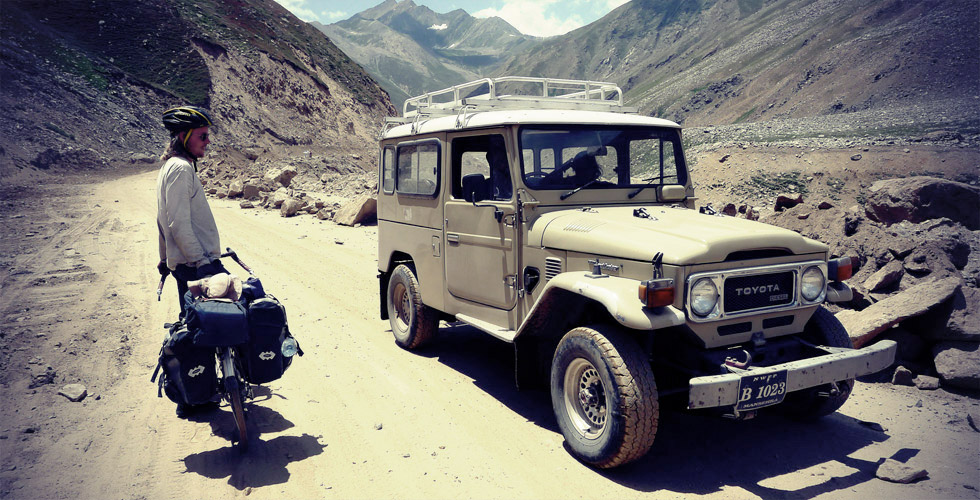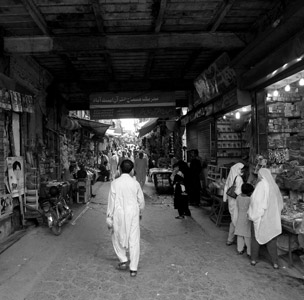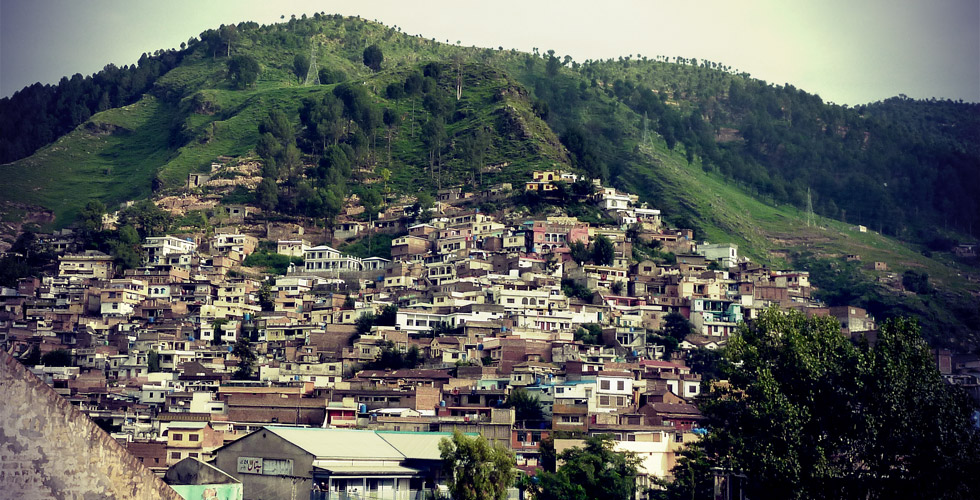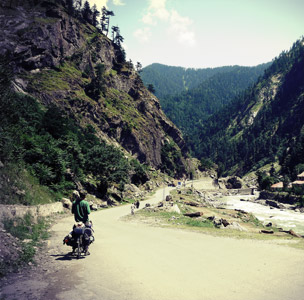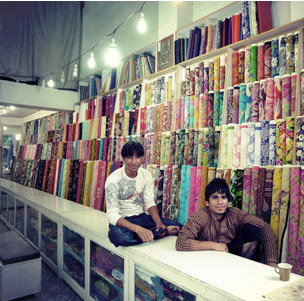Lounging in a swanky new hotel in Naran, one of Pakistan's premier domestic tourism destinations, the conversation drifts toward Osama bin Laden.
"I have property in Abbottabad, very close to Osama's compound," says the genial Muhummad Khan, chuckling as he continues "and now the property value has gone way down."
It had been 12 weeks since elite US commandos unilaterally stormed Osama bin Laden's compound near Abbottabad, Pakistan, killing the infamous terrorist leader. Midway through a bicycle tour across northern Pakistan, we decided that enough time had elapsed to visit the wreckage of the site and snap a few photos to show off at a lifetime of dinner parties.
Khan continues to ramble about the state of things in Pakistan, reminiscing about days before the 9/11 attacks when he was manager of various hotels in the Northern Areas that were filled with foreign tourists. Those visitors have slowed to a trickle of only the most intrepid and inspired, a trickle destined to slow even more since the bin Laden raid. The Canadian government advises against all non-essential travel to the country, citing, among other things, the leader's death as a possible cause for violence.
It's difficult to reconcile that rhetoric with our first-hand experiences biking toward Abbottabad. As we descend through Kaghan, a beautiful forested valley that is popular with families in the summer, our progress is slowed by the stream of Pakistani people stopping their vehicles to wish us well on our journey. We are offered drinks and food. We serve as the centrepieces of countless photos. From grown men dancing along the side of the road to children shy about practicing their English, our impression of Pakistan is a country of smiles.
One morning we mow down chickpea biryani on the shore of Lake Lulusar, an impressive high altitude attraction in the region. Continuing south on an undulating gravel road, a car pulls up alongside me and the occupants start firing questions. Where am I from? Where am I going? Do I like Pakistan? Next thing I know I am being offered a place to stay when we make it to the Punjab city of Lahore. It's not an isolated incident. By the time we leave the higher elevations and arrive at the hot and humid foothills near Abbottabad, we have wallets full of business cards of people to call "if you need anything, anything at all."






